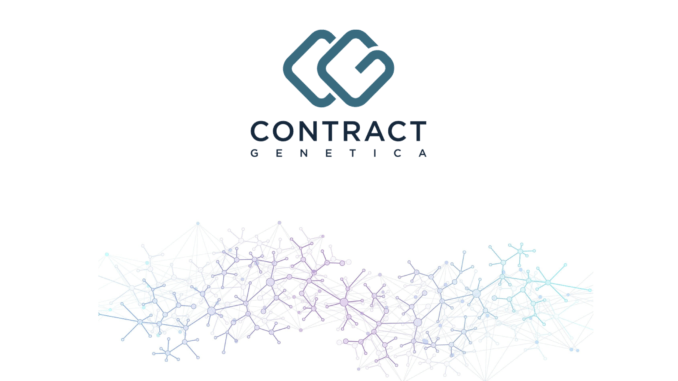
John Danahy, a partner at global law firm King & Wood Mallesons (KWM) in London, has co-created a new NLP-driven platform called Contract Genetica, which among other things can tap multiple firms’ Document Management Systems (DMSs) to provide an accurate view of what clauses are ‘market’ and which are not. It is also able to provide a drafting assist function that ‘as you write’ offers up clause types for that contract that are statistically standard. It can be used for large-scale contract review as well.
Contract Genetica provides a rare example of a law firm partner co-creating their own legal tech startup while remaining a practising lawyer, in Danahy’s case a real estate partner at KWM, which has major bases in China, Australia and Europe.
KWM is currently using the system for client matters and the company is talking to other law firms about working with them as well.
Leveraging Market Data
Fundamentally this is all about leveraging what the market position is for a clause’s phrasing in terms of frequency, and in that respect it’s an approach that is different to some other NLP tools for lawyers.
It seeks to get into the DNA, as it were, of contracting i.e. the clauses, and then seeks to sample the DMSs of both law firms and corporates to understand what clauses are most used and which deviate from the norm. In theory, the more firms that join up, the better the system should get.
That clause insight can then be used not just for drafting and negotiation, but also for larger review tasks if a client wants that, such as for IBOR/LIBOR, where the system will not just extract certain clauses but give you a scaled response for how far each clause is ‘market’, i.e. standard now.
The company has also developed software to ensure confidentiality and privacy are protected when contracts are shared with the system from different firms/clients.
Danahy started work on Contract Genetica while still at Squire Patton Boggs, but has continued developing the platform since rejoining KWM in 2019. The NLP-driven platform – which remains a wholly independent business and is not owned by the law firm – went fully live earlier this year. The company is co-owned with his brother, Andrew, who works full time on the product.
KWM partner Vanessa Docherty, also in London, has played a key role in supporting the roll-out of the system at the firm, where among other areas they are exploring its use for Covid-19’s impact on contracts, Brexit transition, LIBOR discontinuation in 2021, RPI indexation changes, and other areas of legal risk change.
Contract Genetica’s NLP technology is also able to handle all major European languages and Chinese – which is highly useful for KWM, given that a central part of the firm is in China.
Clause Landscape
Danahy told Artificial Lawyer that the core idea of the company is to understand the entire ‘clause landscape’ related to a particular contract type and then use that insight to help lawyers through the contract lifecycle.
‘This is a game changer because nothing else captures clause data in its entirety that you can then mine at will,’ Danahy said. ‘With most AI products you can extract, but you cannot mine [that clause data].’
‘What this provides is a clause landscape, we see the types of clause in contracts and see the variants. This can help with negotiation and with drafting. It all leverages the same data,’ he explained.
If certain clauses seem ‘unique’ during a negotiation, for example, the system will offer up alternatives that – based on an analysis of the firm’s DMS of similar contracts – should be more standard.
The same approach works for drafting, where as you write the system suggests clauses – again derived from mining the DMS – that are ‘market’.
And finally, you can use the same approach for large review, such as IBOR.
As Danahy noted, in a nutshell this is all about context and where a clause sits in a far larger population of similar and related clauses for a certain type of contract.
He added that he and the team of developers are very grateful to KWM for supporting the company’s work and that the firm was now going to market with their combined offering after a period of ‘flying under the radar’.
Is this a big deal? Yes, in a couple of ways. First, as noted, it’s rare for a senior lawyer to create a software company of this complexity and remain as a practising lawyer. It’s also an important step for KWM, as it goes to market with the platform. And, if Contract Genetica can bring together other law firms and corporates to join in and help to build out the clause knowledge base of the system, then it will steadily improve the platform’s capabilities and that could help drive standardisation. As they say: you can’t change what you don’t measure.